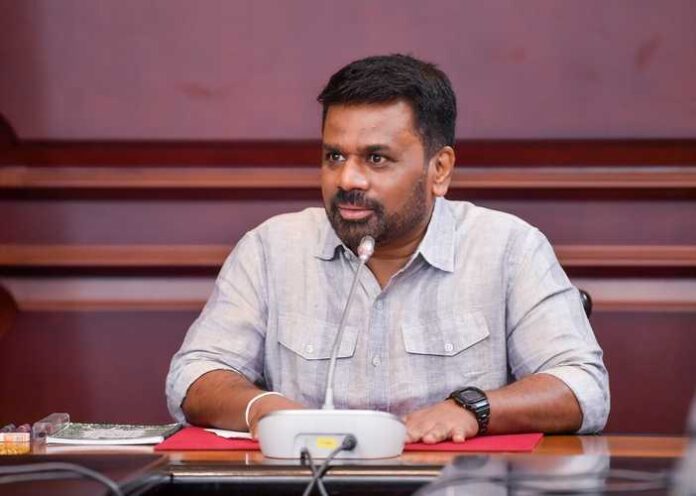By Adolf
The recent arrest of former Finance Secretary and lawyer Charitha Ratwatte by the Commission to Investigate Allegations of Bribery or Corruption (CIABOC) has sent shockwaves through Sri Lanka’s administrative and professional circles. Ratwatte, who also served as a Senior Advisor to a former Prime Minister, was taken into custody over an alleged irregularity in the procurement of five temporary warehouses in 2015, valued at around Rs. 90 million. According to CIABOC, the warehouses were purchased through the Sri Lanka State Trading Corporation, reportedly outside standard procurement procedures. The case stems from a Ministry of Finance decision to store excess paddy at Mattala Airport — a decision that Ratwatte is said to have chaired. Sources close to him maintain that the decision was driven by practical and financial considerations. At the time, warehousing space in Colombo would have cost almost three times as much.
A Question of Judgment, Not Corruption
The real issue here is not whether the Ministry could have found a cheaper warehouse, but whether the decision was made with corrupt intent. Those who know Charitha Ratwatte — across governments and institutions — would affirm that he was blunt, principled, and incorruptible. He has never been associated with personal enrichment or political favouritism. To now subject such a figure to public humiliation over a decision made in good faith sets a dangerous precedent. It raises an alarming question: will every official who takes a firm or unpopular decision now have to fear being handcuffed years later?
The Rise of Fear-Based Governance
By targeting senior public servants for administrative decisions taken under pressure, the AKD administration risks paralyzing the public service. Civil servants, already risk-averse, will become even more cautious — hesitant to sign documents, approve projects, or make timely interventions. Files will pile up, and Sri Lanka’s already sluggish bureaucracy will grind to a halt. When governance becomes driven by fear rather than trust, public administration collapses into inaction. The country’s economic recovery, which depends heavily on confident decision-making within the state machinery, will suffer immeasurably.
A Cycle of Retribution
There is also a broader danger. Vengeful acts only breed more vengeance. If today’s government uses investigative commissions to pursue former officials, tomorrow’s administration will surely return the favour. The cycle of political retribution will deepen, while genuine corruption will continue to flourish unnoticed amid the noise of witch-hunts. The weaponization of accountability institutions will eventually erode public faith in them — turning what should be independent bodies into political instruments.
Chilling Effect on the Private Sector
The implications extend beyond the public service. Business leaders such as Sarath Ganegoda, Hans Wijesuriya, Arjuna Herath, Duminda Hulangamuwa, Pravir Samarasinghe, and Haniff Yusuf — who have at various times contributed their expertise to government or public institutions — will now think twice before doing so again.If professionals risk being dragged into politically motivated investigations years after serving their country, why would any credible private sector leader step forward? The government’s actions risk alienating precisely the kind of talent and experience Sri Lanka needs to drive reform and innovation.
Governance Requires Balance
Accountability is essential to democracy, but it must be guided by fairness, proportionality, and intent. A government committed to reform should strengthen due process, not weaponize it. Investigations must be timely, transparent, and free from political interference. The AKD administration must recognize that good governance is built on confidence, not fear. By persecuting respected administrators for legitimate policy decisions, it risks driving Sri Lanka’s most capable public servants “into the barracks” — afraid to act, afraid to decide, and afraid to serve. In the end, a government that governs through intimidation will find itself surrounded not by bold decision-makers, but by silent clerks. And that, more than any past mistake, will be Sri Lanka’s true tragedy.

Sajith Premadasa is a big beneficiary of AKDs poorly thought out decisions.
